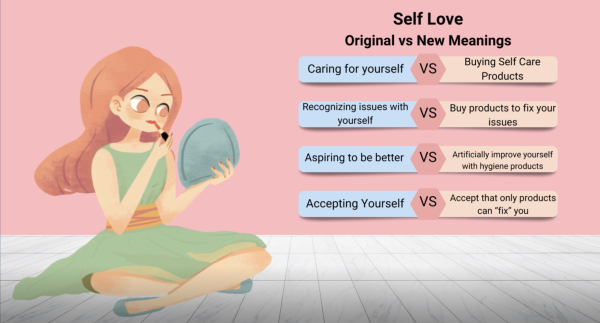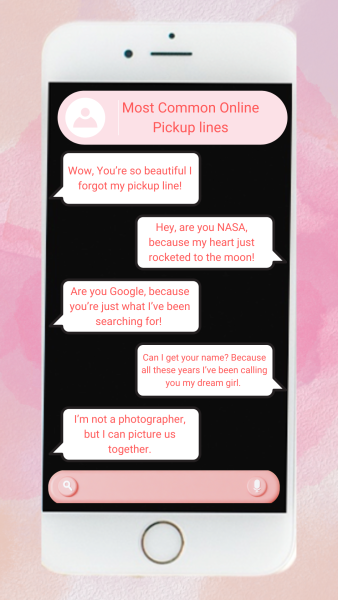LB206 provides much needed protections to student journalists
February 20, 2020
The first amendment: 45 words, 5 freedoms. It was seen as so necessary and urgent by the Framers, that it is enshrined as the first amendment, not the second, tenth, or twenty second, but first. It clearly and unequivocally protects freedom of speech, press, religion, petition and assembly. However, as far as students go, our policy makers have forgotten them in regard to freedoms of speech and press.
In the current Nebraska statute, student journalists have very few rights. Being subject to prior review, even this article had to be scanned by an administrator before it was allowed to be published. This practice is flat out unconstitutional. The First Amendment doesn’t have an age requirement. It is explicitly clear, everyone has the right to expression.
However, thanks to Hazelwood v. Kuhlmeier, the Supreme Court decided this practice is allowed, upholding the school districts decision to censor students’ stories on teen pregnancies and divorce.
However, since then, several of Nebraska’s neighboring states, such as Iowa, Kansas, and the Dakotas, have adopted legislation overturning this ruling and protecting students’ Constitutional rights.
In doing so, they reverted back to a previous Supreme Court ruling in Tinker v. Des Moines that declared, “students do not shed their Constitutional rights to freedom of speech or expression at the schoolhouse gate.”
Now, Nebraska is the closest it has ever been to passing similar legislation. Legislative Bill (LB) 206, introduced by Lincoln Senator Adam Morfeld, passed the first round of debate on January 14th, 2020 by a 27-5 margin with several senators opting to not vote after the bill passed unanimously out of the Judiciary Committee last year.
Among those not voting was North Platte’s Senator Mike Groene, Chair of the Education Committee.
During the debate, Senator Groene called the bill “unneeded” and alluded that journalism advisors would push their political beliefs into student run publications.
“You have young, impressionable people depending on the politics of the advisor,” Senator Groene said.
“Don’t tell me there’s not a censor,” Senator Groene went on to say, “There is a censor. It’s the political views of the advisor.”
As a student, in a student run publication, my sponsor, merely ensures we are following all ethical standards and laws. Otherwise, all edits and critiques come from peers. The idea that sponsors would push their beliefs onto students is simply preposterous since most sponsors have dedicated their entire careers to facilitating independent thought among their students.
During the committee hearing on February 1, 2019, multitudes of students, journalists, as well as several First Amendment advocates, such as representatives from the Student Press Law Center, turned out to tell their stories, packing the room.
One of the only voices of opposition was Marion Miner, representing the Nebraska Catholic Conference.
He argued, since Catholic schools do not receive state funding, this law should not apply to them.
In response, the Judiciary Committee introduced Amendment (AM) 430 which struck the clause including Catholic schools as well as other minor changes.
In support of the bill, Senator Morfeld, during his introduction before the committee, was absolutely correct when he said that this bill, “is critical in the development of current and future civic leaders.”
Many of the stories I have written in my career as a journalist have been hot topic issues. Former Art Club’s 2018 trip debacle to policy surrounding security guards, many of the stories I have written have caused conversations to erupt among staff and students alike.
Many of these stories, I have wanted to not publish out of fear of retaliation from administration. Luckily, I have been so blessed to have administration that has allowed real journalism to take place in the classroom resulting in none of my stories being censored.
However, this is not the case in every Nebraska school’s newsroom.
Emily Nelson of Bellevue East, in her testimony during the Judiciary Committee’s hearing on LB 206, shared a time that an administrator discouraged her from writing a story about their school’s mascot saying that she merely wanted to push her opinions on her fellow students.
“At that moment, I felt more voiceless than I ever have in my 17 years on this earth,” Nelson said.
Similarly, Kylie Hanna of Hastings, was censored when she wrote a story about a teacher who was fired for engaging in sexually explicit text messages with a student.
According to Hanna, her story was not published even though she concealed the age, name, and sex of the victim.
“We are the journalists of the future,” Hanna said before the committee, “if we are not taught how to cover these issues now, while we are students aiming to succeed and carry on the field of journalism, when will we get the opportunity to learn and how will journalism continues to succeed in the future?”
In both of these scenarios what are we teaching our students? That their voices are invalid? That they are too young to cover real, pressing issues? Having an attitude such as this is the exact reason why Nebraska needs LB 206.
Administrators will not stop censoring. They started back in 1965 when the Tinkers were suspended for a peaceful protest and have continued through the present when students such as Nelson and Hanna are censored through both intimidation and refusal of publication.
Citing fears of their schools getting sued, administrators do have a valid objection to this bill. However, it is simply rooted pure uninformed, theory, not fact.
For example, Omaha Public School’s Board of Education approved a stance of “oppose” on LB 206 on March 18, 2019. The vote margin is not public information.
According to LB 206 as amended, “No publication or other expression of matter by a student journalist in the exercise of rights under this section shall be deemed to be an expression of a postsecondary educational institution’s policy.”
So, schools are in no way, shape, or form liable for the students’ work. Therefore, there is nothing for the schools to worry about under this law.
The way this bill is written does not threaten schools. On the contrary, it enhances the learning environment, allowing young journalists to practice real journalism with the guidance from an advisor whose sole purpose is to teach best practices and laws, not determine content.
Not only that, but public institutions are receiving funding from the government, so, all government laws and provisions, including the Constitution, must apply to students.
“Whether it’s the sidewalk or the government-funded and sponsored newspaper,” Morfeld said during debate, “[Its purpose] is allowing for students to be able to express themselves and protect their First Amendment rights within certain bounds.”
This bill is so important in upholding students most basic right of expression. Without it, unconstitutional censorship will continue to plague learning institutions, counterintuitively teaching students they do not matter.
In the words of Benjamin Franklin, “Freedom of speech is a principal pillar of a free government: When this support is taken away…tyranny is erected on its ruins.”





